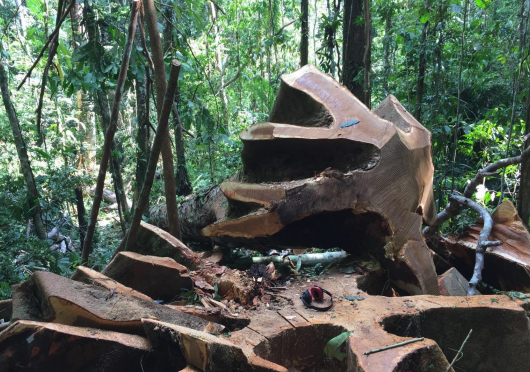Resources
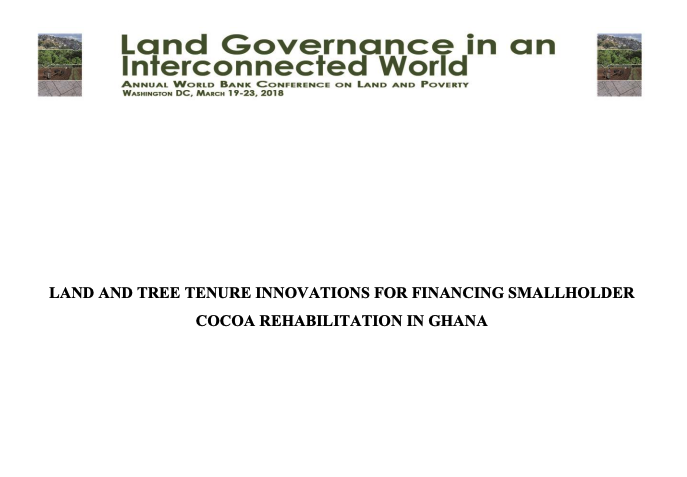
Land and Tree Tenure Innovations for Financing Smallholder Cocoa Farm Rehabilitation in Ghana
Expansion of cocoa farming is the primary driver of deforestation in Ghana’s high forest zone. Ghana is the world’s second largest cocoa producer and cocoa provides significant benefits: improved livelihoods and social welfare, family and corporate income, and foreign exchange earnings growth. However, cocoa yields and production are declining due to old and diseased trees, […]
SUCCESS STORY: Creating a professional renewable energy industry in Nigeria through training
The Renewable Energy and Energy Efficiency Project (REEEP), funded by USAID and Power Africa, seeks to improve access to renewable energy (RE) technologies, improve access to finance for RE technologies and use RE technologies to improve various sectors such as health and agriculture. One of the most important achievements of the project is its collaboration […]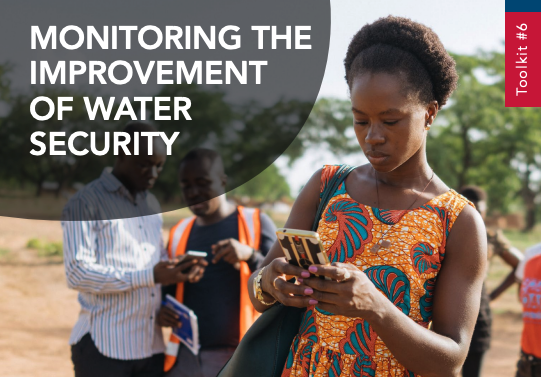
Toolkit #6: Monitoring the Improvement of Water Security
Monitoring is a process of continuous assessment. It involves collecting data on the current situation (baseline) and on changes that are brought about through activities, projects and policies, or caused by socioeconomic and natural trends and events. Evaluation uses indicators to reflect on such measurable change, compare it to goals and targets, and use the […]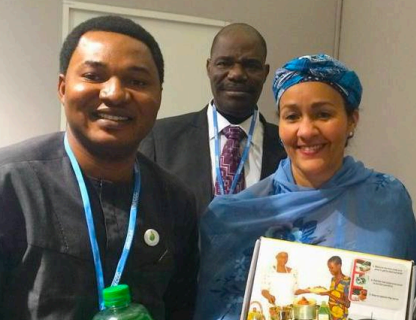
SUCCESS STORY: REEEP Finds Workable Funds in Tough Financial Landscape
The Renewable Energy and Energy Efficiency Project (REEEP) in Nigeria, funded by USAID and Power Africa, seeks to improve access to renewable energy (RE) technologies, improve access to finance for RE technologies and use RE technologies to improve various sectors such as health and agriculture. The project is designed to help mitigate climate change, reduce […]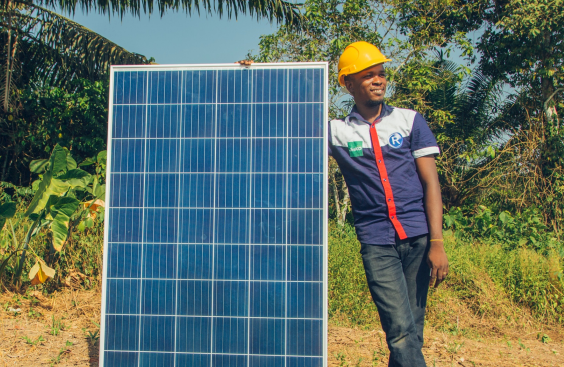
REEP Resources Book
REEEP created this book in order to provide valuable resources to all stakeholders in the renewable energy and energy efficiency (RE/EE) sector in Nigeria. Our Recommended Vendor List and Pipeline of Projects will be useful to investors interested in this sector or companies looking to hire RE/EE companies for a project. Nigerian businesses will find […]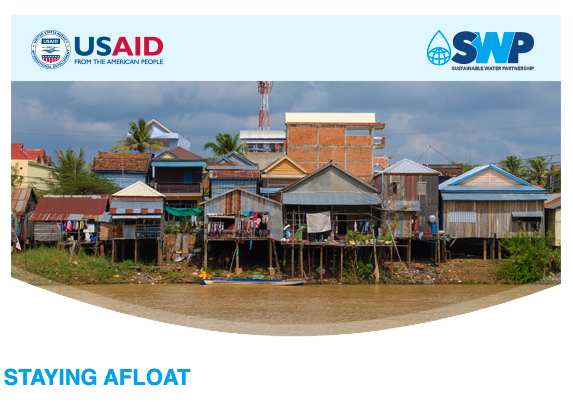
Sustainable Water Partnership Newsletter February 2018
As climate change and variability produce erratic water conditions near Cambodia’s Tonle Sap lake, locals are struggling to adapt. The Sustainable Water Partnership is here to help. Featured in this issue: Staying Afloat SWP Launches New Toolkits Valuing Kenya’s Forests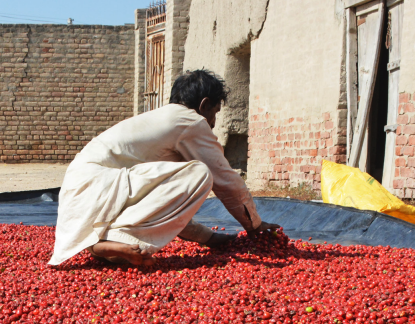
SUCCESS STORY: Red Hot Success
The USDA-funded Pakistan Agriculture Development (PAD) project, implemented by Winrock International, works with growers of tomatoes, red chilies, bananas and dates in Pakistan’s Punjab and Sindh provinces to increase their incomes. The project accomplishes this through a combination of strategic interventions, including the introduction of modern technologies, access to higher value markets and increased availability […]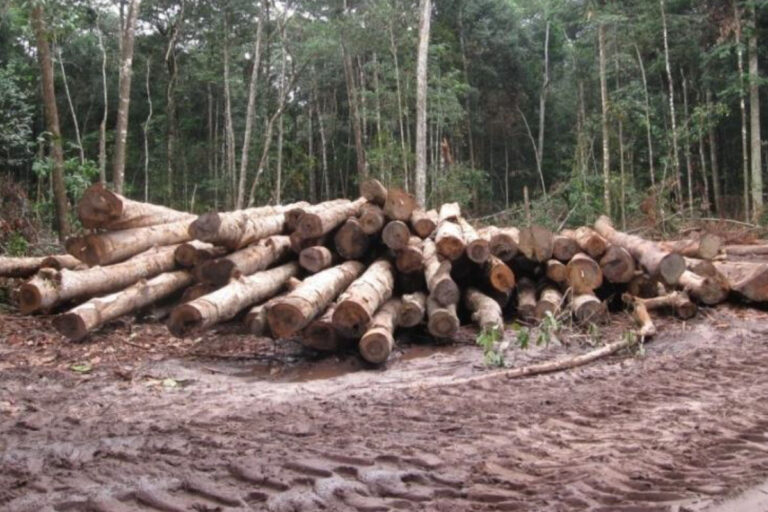
Standard Operating Procedures – Selective logging emissions (Spanish)
These SOPs provide a step-by-step guide to completing the field measurements necessary for the Winrock selective logging emissions accounting methodology. This version of the SOPs, which have been developed for several countries around the world, was tailored to the logging practices of Colombia.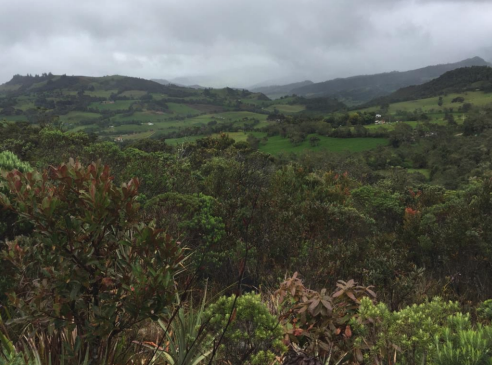
Evaluation of the Hydrological Services Provided by Forest Restoration (Spanish)
A spatial analysis of the hydrological ecosystem services provided by forests, such as flood mitigation and water quality regulation. Hydrological modeling was done in three watersheds in Colombia (for the rivers Bogotá, Carare, and Suarez) to assess the impact of forest restoration on these services. The results showed that if concentrated in certain areas, forest […]